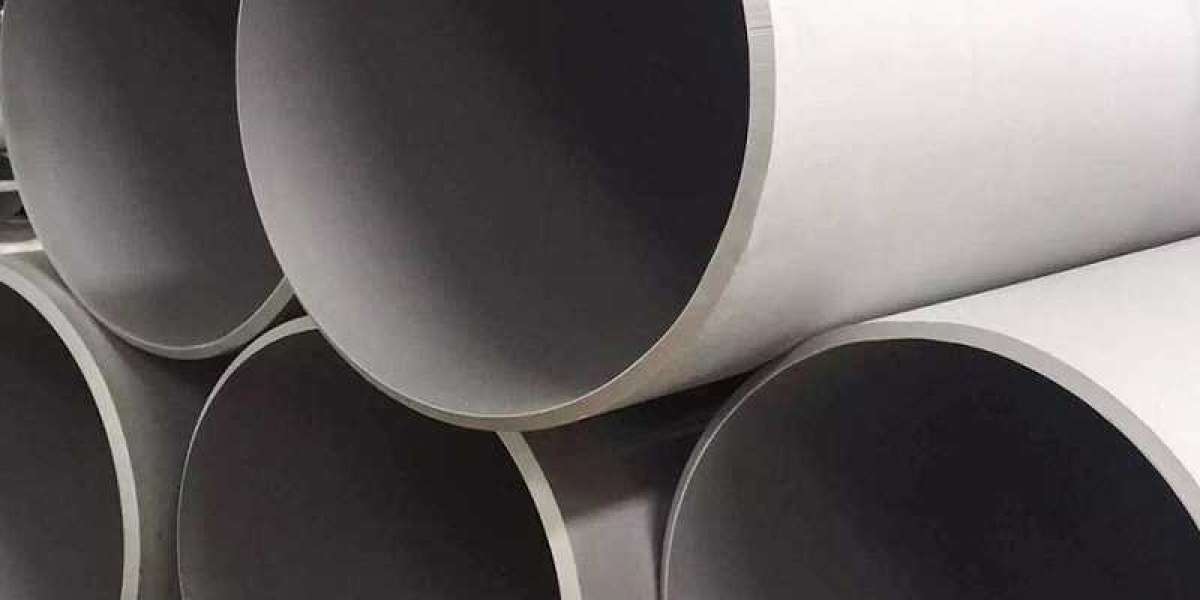Stainless steel alloy pipes are essential components in various industries, prized for their strength, durability, and corrosion resistance. This article explores the properties, applications, and benefits of stainless steel alloy pipes, highlighting their significance in modern engineering and manufacturing.
What Are ?
Stainless steel alloy pipes are tubular structures made from a combination of stainless steel and other alloying elements. These pipes are designed to withstand extreme temperatures, pressures, and corrosive environments, making them suitable for a wide range of applications. The most common types of stainless steel used in alloy pipes include austenitic, ferritic, and martensitic stainless steels.
Key Properties
Corrosion Resistance: The high chromium content in stainless steel gives these pipes exceptional resistance to oxidation and corrosion. This property makes them ideal for use in harsh environments, such as chemical processing and marine applications.
Strength and Durability: Stainless steel alloy pipes exhibit high tensile strength and toughness, allowing them to withstand significant mechanical stress. This durability ensures longevity, reducing the need for frequent replacements.
Temperature Resistance: Many stainless steel alloys can maintain their structural integrity at elevated temperatures, making them suitable for high-temperature applications, such as power generation and petrochemical industries.
Hygienic Properties: Stainless steel is non-porous and easy to clean, making it a preferred material in food processing, pharmaceuticals, and healthcare.
Weldability: Stainless steel alloy pipes can be easily welded, allowing for versatility in construction and repair processes.
Applications
Stainless steel alloy pipes are utilized in various sectors, including:
Oil and Gas: Used in pipelines and drilling equipment, stainless steel pipes resist corrosive fluids and high-pressure conditions.
Chemical Processing: These pipes are crucial in transporting chemicals and solvents due to their corrosion resistance.
Food and Beverage: In the food industry, stainless steel pipes are used for processing, transporting, and storing food products, ensuring hygiene and safety.
Pharmaceuticals: The sanitary properties of stainless steel make it suitable for pharmaceutical applications, where cleanliness is paramount.
Construction: Stainless steel pipes are increasingly used in structural applications, offering strength and aesthetic appeal in modern architecture.
Benefits
Longevity: The durability and corrosion resistance of stainless steel alloy pipes result in lower maintenance costs and extended service life.
Cost-Effectiveness: While the initial investment may be higher than other materials, the long-term savings in maintenance and replacement make stainless steel a cost-effective choice.
Environmental Resistance: Stainless steel is recyclable, contributing to sustainability efforts in manufacturing and construction.
Versatility: With various grades and sizes available, stainless steel alloy pipes can be tailored to meet specific project requirements.
Stainless steel alloy pipes are indispensable in many industries due to their unique properties and advantages. Their strength, durability, and resistance to corrosion and extreme temperatures make them a preferred choice for a wide range of applications. As industries continue to evolve, the demand for high-quality stainless steel alloy pipes will likely grow, further solidifying their role in modern engineering and infrastructure.














